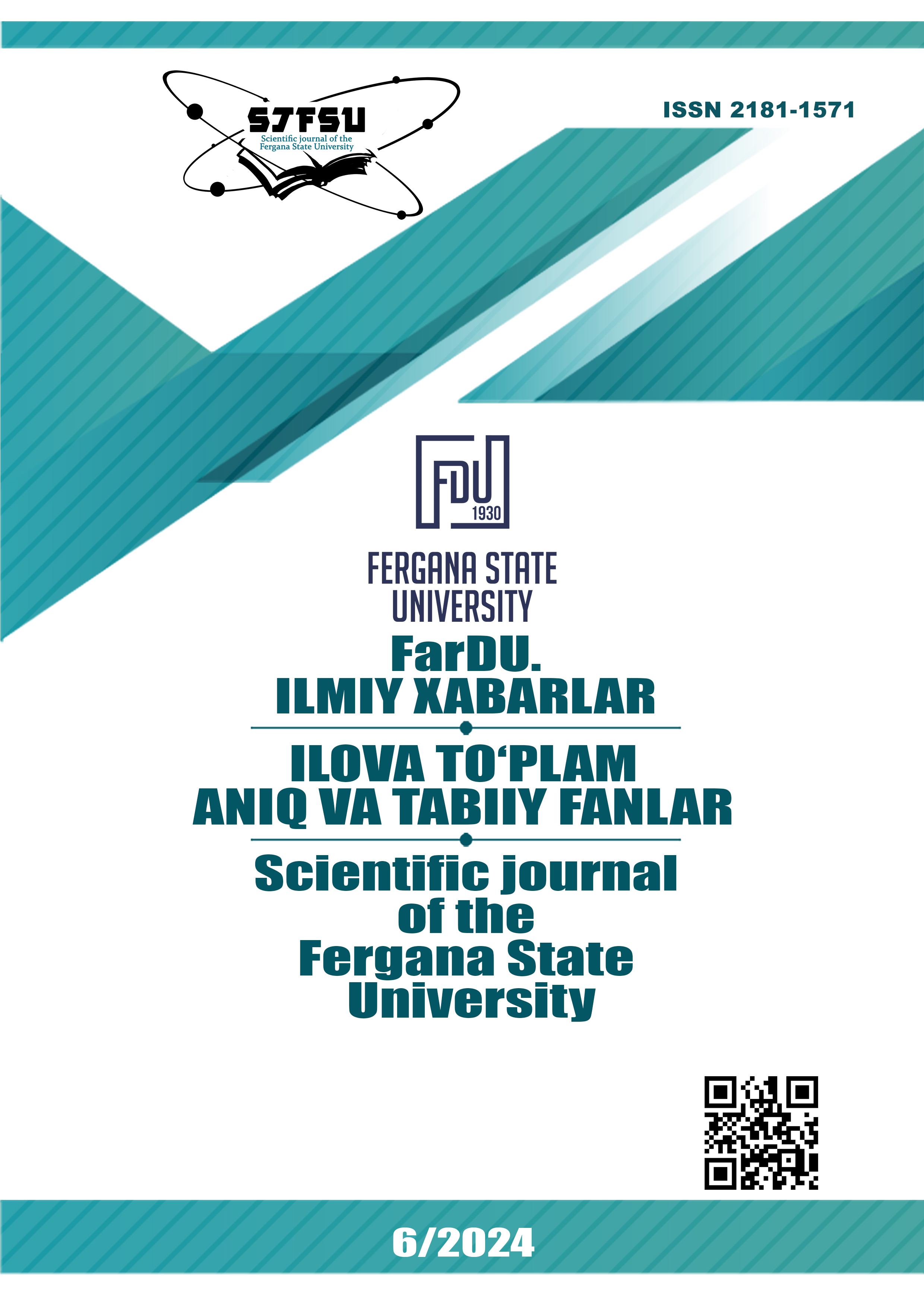MASLENITSA AS A REFLECTION OF PAGANISM AND CHRISTIAN TRADITIONS IN SLAVIC CULTURE
Keywords:
Maslenitsa, Slavic culture, paganism, Christianity, traditions, rituals, symbolism, folk festivals, cultural identity.Abstract
The article examines Maslenitsa as a unique phenomenon in Slavic culture, reflecting the synthesis of pagan and Christian traditions. The historical development of the festival, its rituals, and symbolism are analyzed within the context of cultural and religious transformations. Particular attention is given to the role of Maslenitsa in modern society and the preservation of folk traditions. The research is based on the works of leading ethnographers and cultural scholars, as well as the analysis of folklore sources. The article identifies the primary functions of the festival and its significance in shaping national identity, along with the relevance of Maslenitsa in the contemporary context.
References
Забылин М.М. Русский народ: его обычаи, обряды, предания, суеверия и поэзия. — М.: Алгоритм, 2008. — 512 с.
Афанасьев А.Н. Поэтические воззрения славян на природу. — М.: Индрик, 1995. — 776 с.
Пропп В.Я. Русские аграрные праздники. — М.: Лабиринт, 1999. — 320 с.
Токарев С.А. Религия в истории народов мира. — М.: Политиздат, 1986. — 720 с.
Левкиевская Е.Е. Мифы русского народа. — М.: АСТ, 2000. — 464 с.
Толстой Н.И. Языческие традиции славянской культуры. — М.: Наука, 2003. — 368 с.
Горбовский А.А. Народные праздники и обряды России. — СПб.: Питер, 2010. — 400 с.
Бахтин М.М. Творчество Франсуа Рабле и народная культура средневековья и Ренессанса. — М.: Художественная литература, 1965. — 543 с.
Downloads
Published
Issue
Section
License
Copyright (c) 2025 Scientific journal of the Fergana State University

This work is licensed under a Creative Commons Attribution-NonCommercial-NoDerivatives 4.0 International License.

